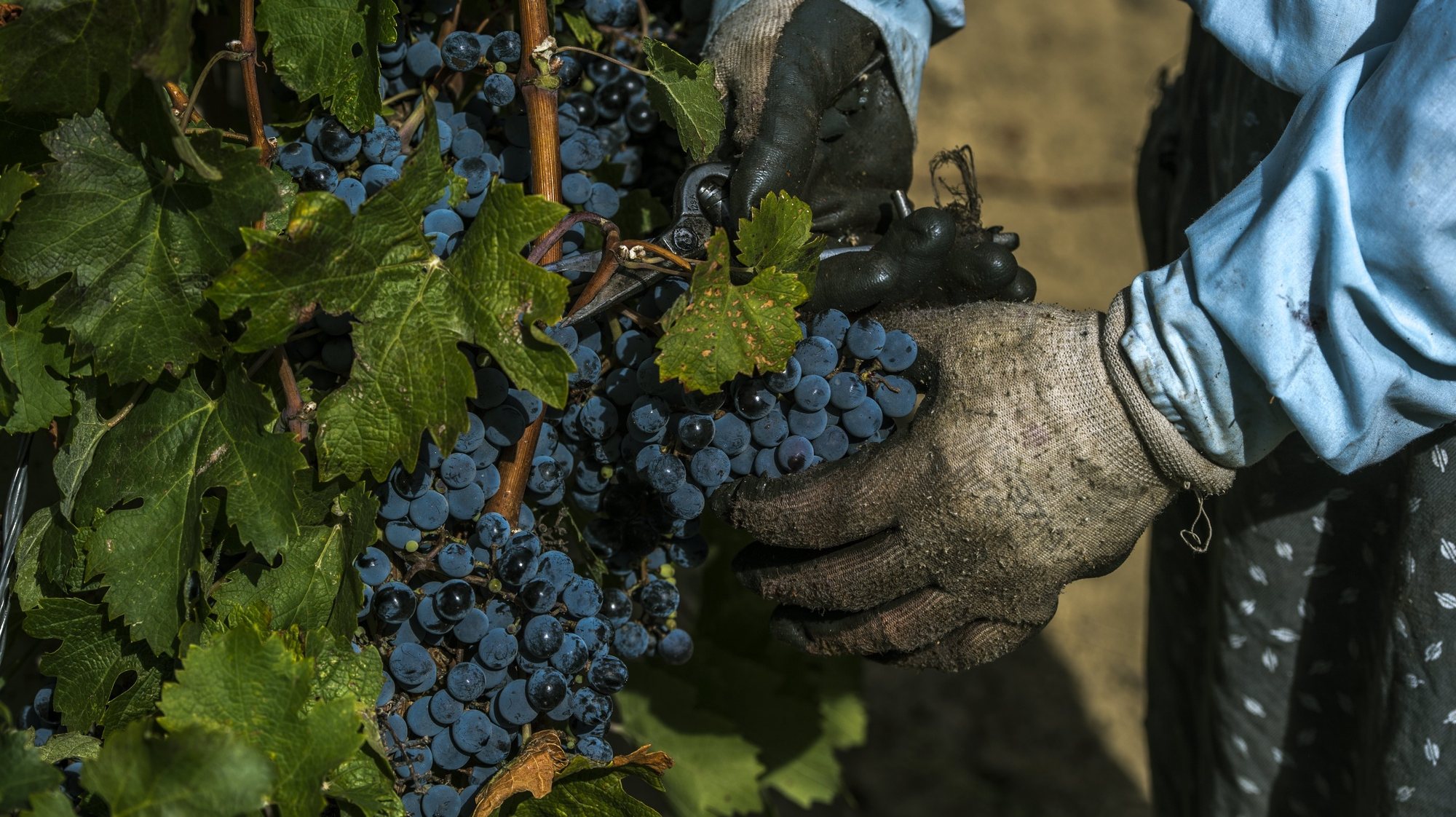The oversupply of wine due to imports and the difficulty in adapting the product to the market, which is looking for less alcoholic wines, are the main problems identified in the Douro, according to a study published on Friday.
“The narrative of overproduction is completely wrong, what exists is an excess of supply [vinho]”, said João Rebelo, a researcher at the University of Trás-os-Montes and Alto Douro (UTAD), who said that this The supply comes from wine production and imports, which have increased in recent years..
This is one of the conclusions of the study “Competitiveness and sustainability of Douro and Port wines. What strategy?”, developed by João Rebelo, Alberto Baptista and Sofia Gouveia.
The work, presented this Friday in Vila Real, comes at a time when the Duero is suffering from falling sales, with excess stock of wines and complaints from winegrowers, low sales price of grapes and higher production costs.
“I would say that, in the Douro, as in the country, there is no excess of production, there is an excess of supply, there is an imbalance in the market and there will necessarily have to be an intervention to rebalance the market,” reinforced João Rebelo, who has been studying the demarcated region for 40 years.
In 2023, Portugal imported 2.97 million hectoliters (43.8% of national production)an increase of 64% compared to 2016. In 2023, 96% of imported wine originated in Spain.
“I agree that the government should carry out monitoring activities, without direct interventions in the market, to make the origin of the wines clear to the consumer,” he said.
He also mentioned “a certain inability to adapt the product to the market”, as there were changes in consumer habits, who were looking for lighter and fresher wines (white, rosé and sparkling), to the detriment of higher alcohol and sweeter wines (Port wine).
This change, he argued, challenges the Douro to adjust the type of wines it produces.
Taking as a starting point the study “Strategic Direction for the Port and Duero Wine Sector”, requested by the Institute of Duero and Duero Wine (IVDP) to the UTAD in 2017, the new work addresses problems that have worsened in these seven years in which the Covid-19 pandemic, Brexit, the war in Ukraine and the increase in inflation occurred.
The initiative arose from the local branch of the Association for Economic and Social Development (SEDES), the League of Friends of the World Heritage of the Duero and the Casa de Mateus Foundation.
“The phenomenon that currently has the greatest influence on wine consumption is the fall in real household income due to inflation”João Rebelo highlighted.
Regarding the region’s regulatory model, based on the public institute IVDP, he defended the “almost immediate” transition to a regional wine commission (CVR) model.
“Otherwise, we will continue to die slowly,” he stressed, highlighting “autonomy in resource management” as the main advantage.
Despite not depending on the State Budget and having its own income, IVDP requires prior authorization to incur expenses.
The sector stakeholders interviewed in the study highlighted measures including crisis distillation (exceptional measure), storage support, green harvesting, treasury support and even additional support for winegrowers with low-productivity vineyards.
Regarding the production of wine spirits from wines in the region, the paper notes that “this measure cannot generate the wrong signal of widespread production for distillation into wine spirits” and “cannot imply an increase in the cost of production of Port wine, worsening the product’s recession.”
“It is not the solution for the Douro, although it can help mitigate the problems,” said João Rebelo.
Finally, he said that he would propose that the measures identified in the work be sent to the respective ministries.
Source: Observadora
